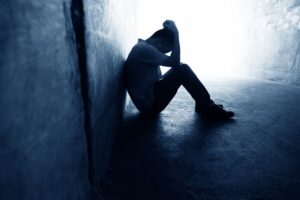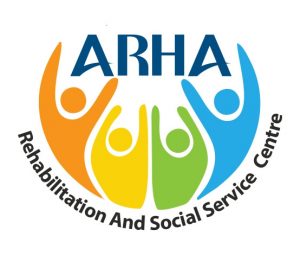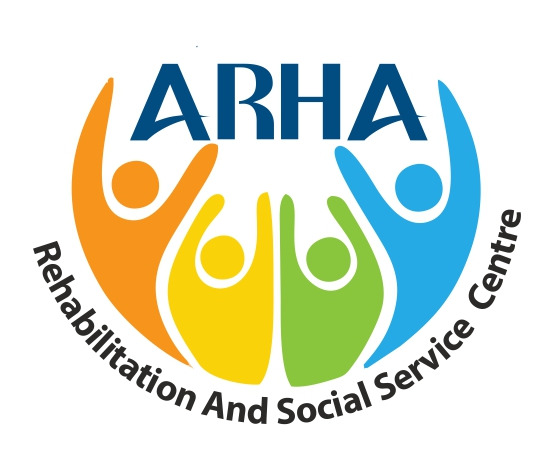
Clinical depression
DEPRESSION
A mental health disorder characterised by persistently depressed mood or loss of interest in activities, causing significant impairment in daily life.
Possible causes include a combination of biological, psychological and social sources of distress. Increasingly, research suggests that these factors may cause changes in brain function, including altered activity of certain neural circuits in the brain.
The persistent feeling of sadness or loss of interest that characterises major depression can lead to a range of behavioural and physical symptoms. These may include changes in sleep, appetite, energy level, concentration, daily behaviour or self-esteem. Depression can also be associated with thoughts of suicide.
The mainstay of treatment is usually medication, talk therapy or a combination of the two. Increasingly, research suggests that these treatments may normalise brain changes associated with depression
Symptoms
Although depression may occur only once during your life, people typically have multiple episodes. During these episodes, symptoms occur most of the day, nearly every day and may include:
• Feelings of sadness, tearfulness, emptiness or hopelessness
• Angry outbursts, irritability or frustration, even over small matters
• Loss of interest or pleasure in most or all normal activities, such as sex, hobbies or sports
• Sleep disturbances, including insomnia or sleeping too much
• Tiredness and lack of energy, so even small tasks take extra effort
• Reduced appetite and weight loss or increased cravings for food and weight gain
• Anxiety, agitation or restlessness
• Slowed thinking, speaking or body movements
• Feelings of worthlessness or guilt, fixating on past failures or self-blame
• Trouble thinking, concentrating, making decisions and remembering things
• Frequent or recurrent thoughts of death, suicidal thoughts, suicide attempts or suicide
• Unexplained physical problems, such as back pain or headaches
Effect on health
Depression often begins in the teens, 20s or 30s, but it can happen at any age. More women than men are diagnosed with depression, but this may be due in part because women are more likely to seek treatment.
Factors that seem to increase the risk of developing or triggering depression include:
• Certain personality traits, such as low self-esteem and being too dependent, self-critical or pessimistic
• Traumatic or stressful events, such as physical or sexual abuse, the death or loss of a loved one, a difficult relationship, or financial problems
• Blood relatives with a history of depression, bipolar disorder, alcoholism or suicide
• Being lesbian, gay, bisexual or transgender, or having variations in the development of genital organs that aren't clearly male or female (intersex) in an unsupportive situation
• History of other mental health disorders, such as anxiety disorder, eating disorders or post-traumatic stress disorder
• Abuse of alcohol or recreational drugs
• Serious or chronic illness, including cancer, stroke, chronic pain or heart disease
• Certain medications, such as some high blood pressure medications or sleeping pills (talk to your doctor before stopping any medication)

